Professional tile sealing that prevents costly replacements and keeps your surfaces looking brilliant longer.
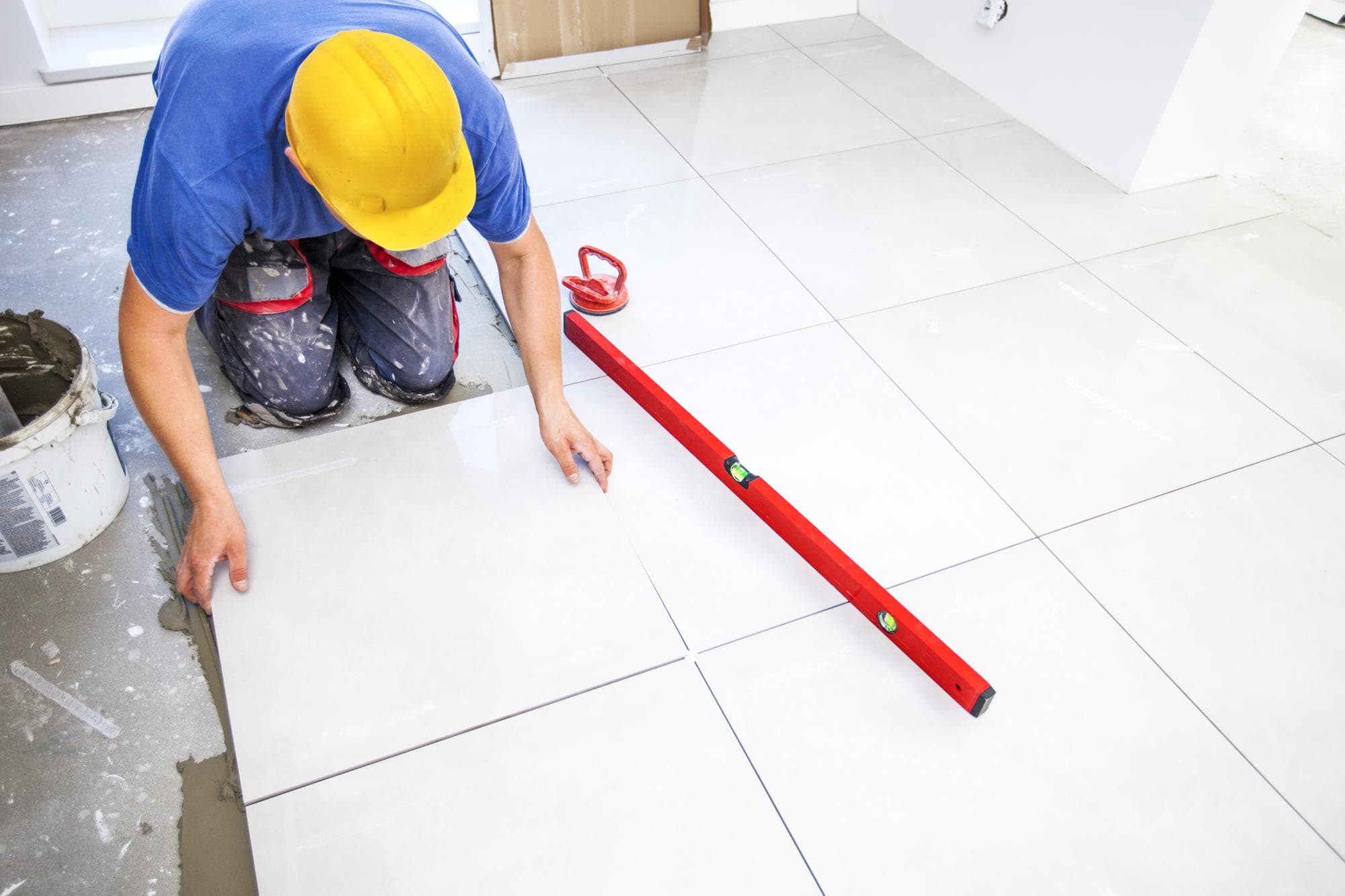
Hear from Our Customers
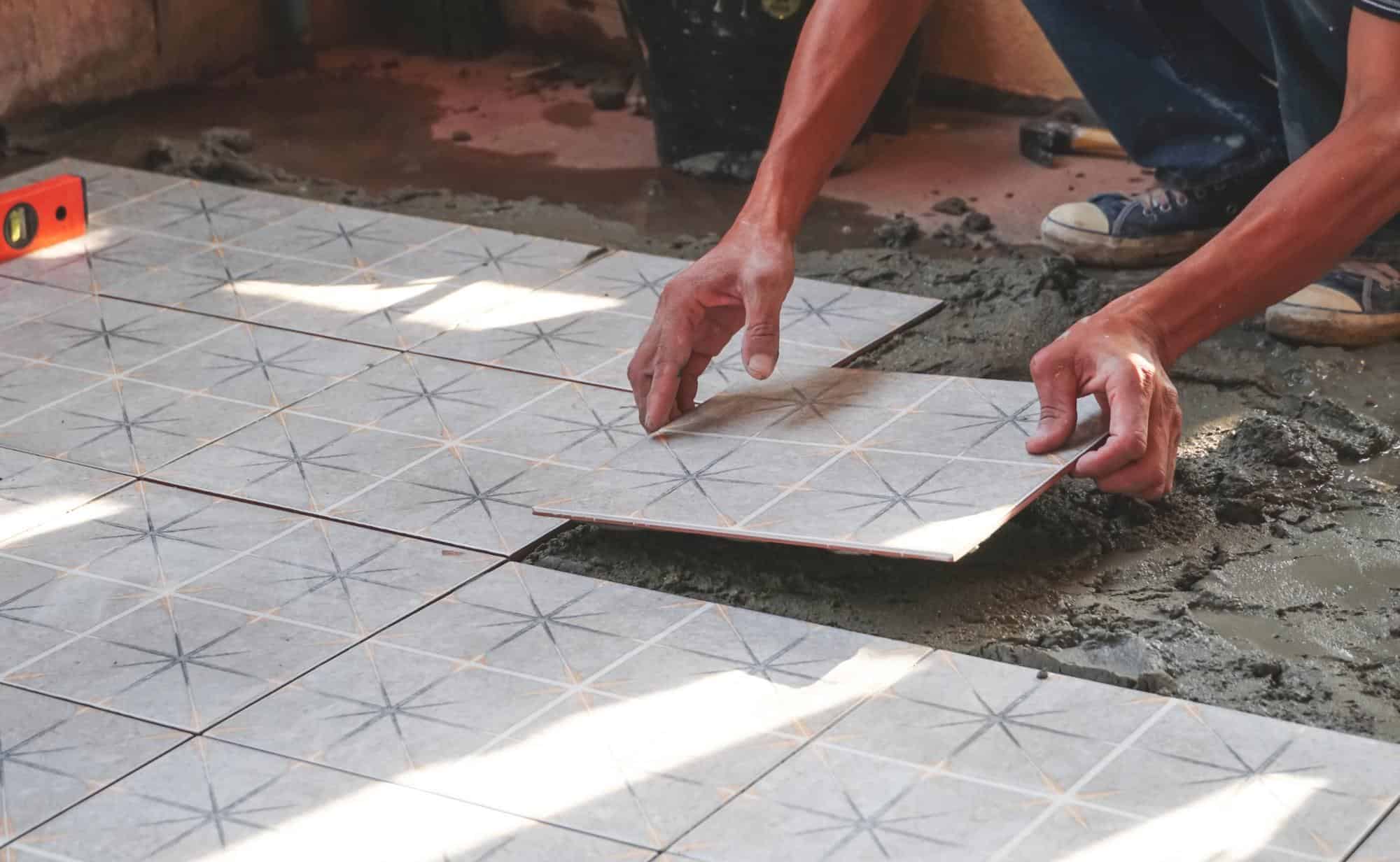
When your tile and grout are properly sealed, you’re not just maintaining surfaces—you’re protecting a significant investment. Sealed tiles resist stains, moisture damage, and daily wear that would otherwise force expensive replacements down the road.
You’ll notice the difference immediately. Colors stay vibrant, grout lines remain clean, and your floors maintain that fresh installation look for years instead of months. No more scrubbing stubborn stains or watching helplessly as grout discolors.
The protection goes deeper than appearance. Proper sealing creates a barrier that prevents water penetration, which can cause structural damage and costly repairs. You’re essentially adding years to your tile’s lifespan while reducing your long-term maintenance headaches.
Diamond Stone Restorations Corp has been serving Jefferson Valley and the greater Westchester County area as specialists in surface restoration and protection. We’re not general contractors trying to do everything—we focus specifically on stone, marble, terrazzo, and tile services.
Our approach is straightforward: restoration over replacement whenever possible. It’s more sustainable, more cost-effective, and often delivers better results than starting from scratch. We’ve built our reputation on understanding exactly what different tile materials need and delivering consistent, professional results.
Jefferson Valley homeowners choose us because we show up when we say we will, do exactly what we promise, and stand behind our work. No surprises, no excuses, just reliable service from people who understand your investment matters.
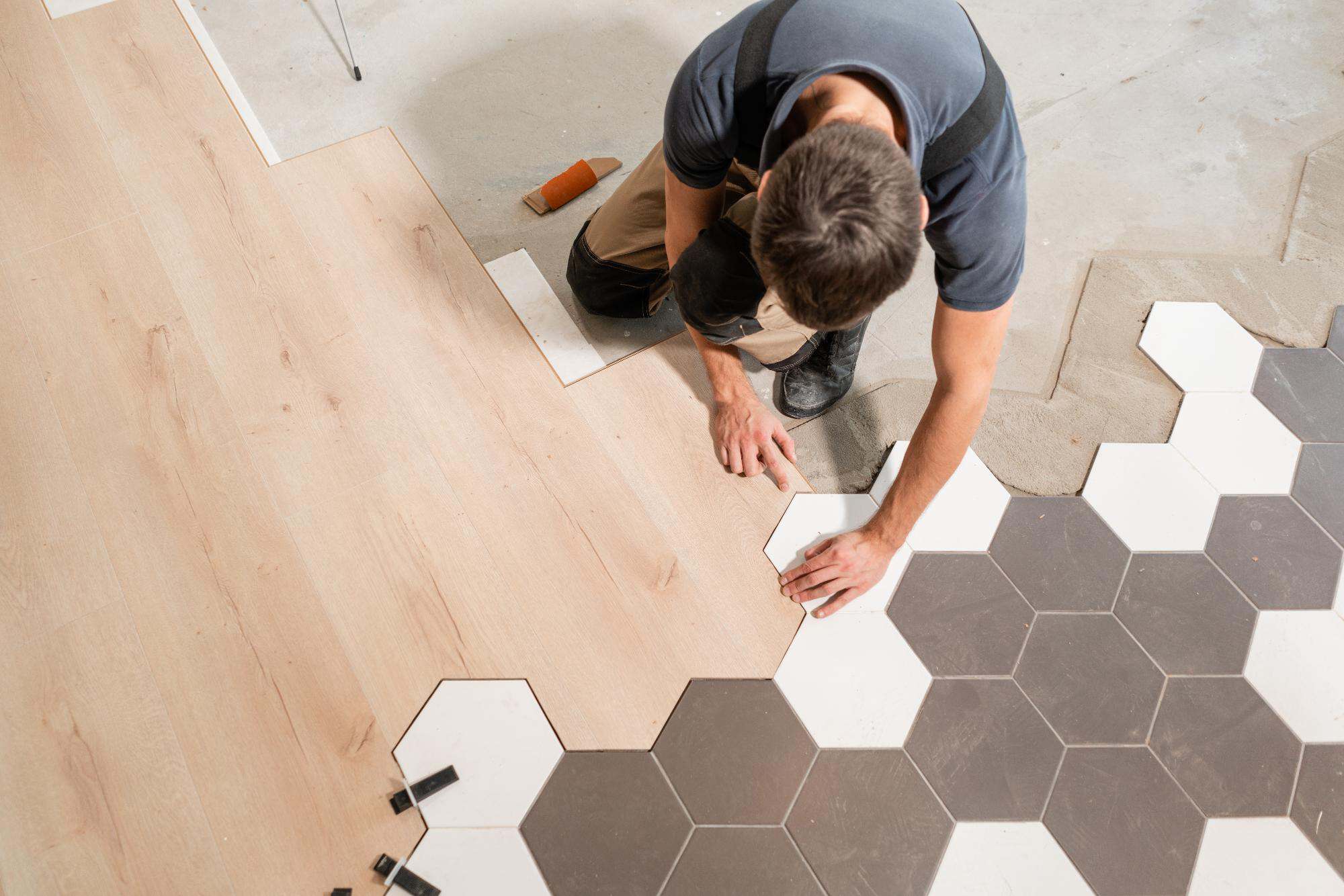
First, we thoroughly clean your tile and grout to remove any existing dirt, stains, or residue that could interfere with proper sealing. This isn’t just a quick mop job—we use professional-grade cleaners and techniques to get your surfaces truly ready for treatment.
Next comes the sealing application. We use high-quality sealants specifically chosen for your tile type, whether it’s ceramic, porcelain, or natural stone. Each material has different porosity and requirements, so we match the right product to your specific surfaces. The sealant is applied evenly to create a protective barrier without changing the appearance of your tile.
After application, we ensure proper curing time and perform a final inspection with you. We’ll explain what you can expect in terms of protection duration and provide simple maintenance guidelines to maximize your investment. The entire process typically takes a few hours, depending on the area size, and you can usually resume normal use within 24 hours.
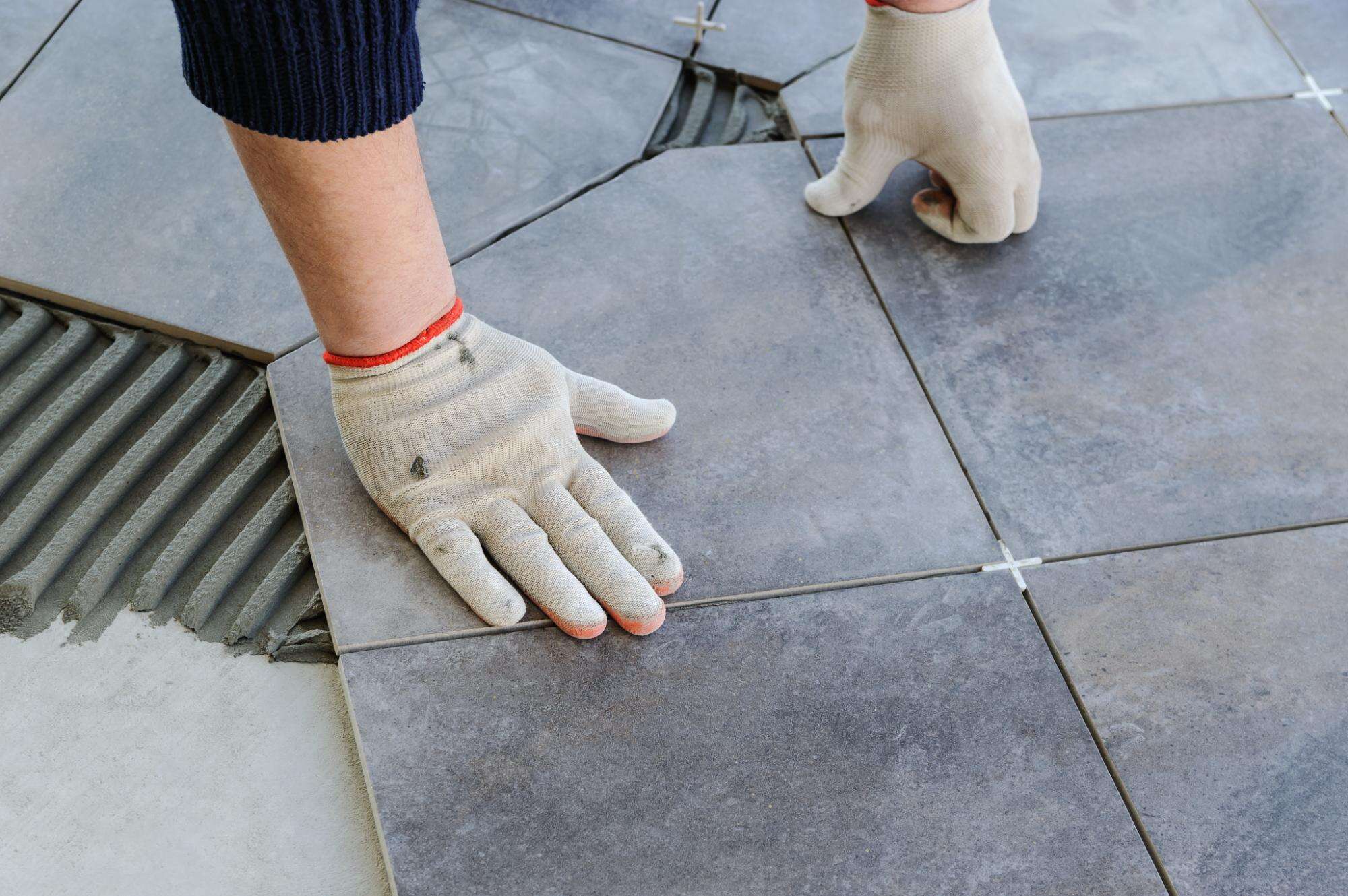
Ready to get started?
Professional tile sealing creates a protective barrier that repels water, stains, and daily wear. This means spills wipe up easily instead of soaking into grout lines, and your regular cleaning becomes much more effective. You’re essentially making your tile surfaces easier to maintain while extending their lifespan significantly.
In Jefferson Valley’s climate, where seasonal moisture changes can affect indoor surfaces, proper sealing becomes even more important. The temperature fluctuations and humidity levels we experience here can cause unsealed grout to expand and contract, leading to cracks and discoloration over time.
Our sealing service includes both tile surface protection and grout line sealing. We use penetrating sealers that don’t create a glossy coating but instead work below the surface to block moisture and stains. This approach maintains your tile’s natural appearance while providing maximum protection against the elements that typically damage unsealed surfaces.
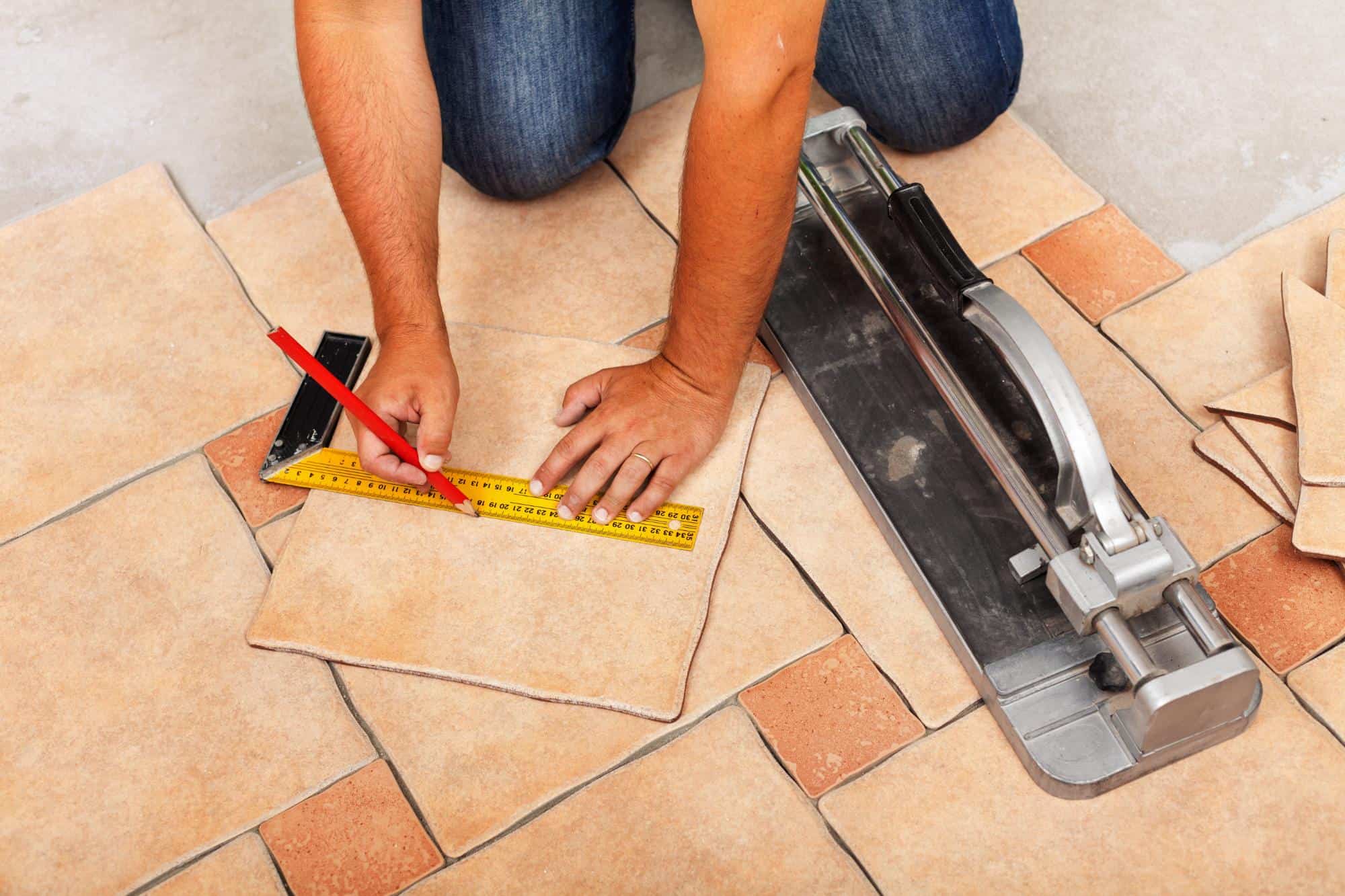
Ready To Restore The Beauty Inside Your Stone?
Contact us today!
Diamond Stone Restorations Corp
Company
Support
Useful Links